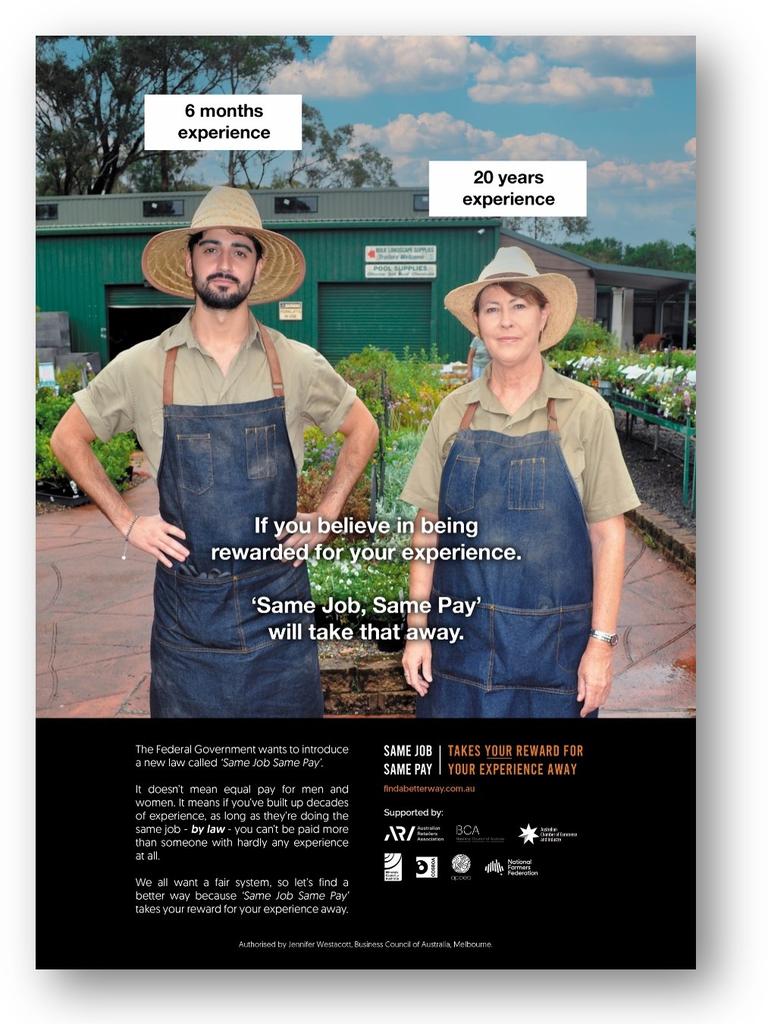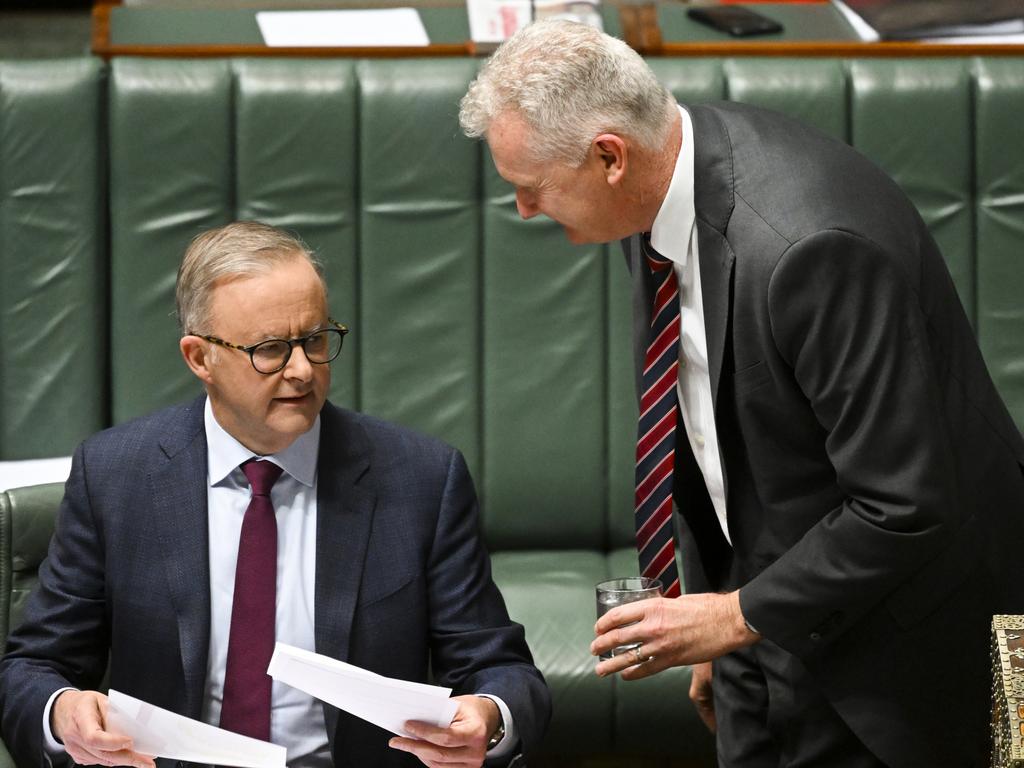Why the government’s proposed IR shake-up risks our economic credentials


The future of work in Australia and around the world increasingly needs to navigate an environment that is changing through digitisation, machinery and technology.
There are opportunities to create new industries and new jobs as
Australia has the opportunity to tap into the world’s large supply chains and produce value added products for premium prices.

We need a vision that demonstrates how Australians can get ahead as the world changes.
Workers will want to continue to negotiate high wage agreements with benefits that reflect their experience and skills. They will want more flexibility on where and when they work, they will need to change their tasks multiple times and will want to be mobile to pursue higher paid jobs.
Consumers will continue to want convenience and affordable services.
Businesses will want a high performing workforce, rewarding and safe workplaces, the agility and adaptability to deliver projects on time, to be rewarded for their innovation, and to be able to grow and become more productive, using new technologies and digitisation.
This rapidly changing world comes at a time when Australia faces an enormous productivity challenge.
If we don’t improve our productivity – creating more value by doing things differently – our wages will be lower, our enviable low unemployment will be at risk, goods will be more expensive and interest rates will be higher for longer.
Our nation’s task is to create a workplace relations system that gives us the tools to tackle the nation’s productivity challenges head on while empowering and protecting workers.
The government’s proposed radical industrial relations shake-up threatens to work against this.
Let’s start with Same Job Same Pay. The government wants to restrict labour hire or agency work, which sees employees of labour hire agencies brought into workplaces to provide additional staffing and skills, such as in periods of increased demand or to scale up for particular projects or orders.
They propose that every single worker in every single circumstance, irrespective of how many days or years they have worked, is given the same conditions and pay.
Permanent staff have negotiated these conditions – including bonuses, incentives and rewards for meeting business milestones – as part of enterprise agreements.
Even if the Same Job Same Pay proposals are restricted to labour hire, this ignores the fact that labour hire is a legitimate form of business, subject to minimum wages, awards and legislated minimum standards. It provides jobs and creates work under enterprise agreements.
The extent of the government’s Same Job Same Pay proposals remain unclear and labour hire is not yet defined.
How fair is it for someone who has worked hard for 10 years – who is part of a team that has negotiated an enterprise agreement – and someone comes in for a few days or weeks and receives part of their bonus?
How fair are the changes on small businesses, which are going to be strangled by red tape and will be impacted if larger companies reduce or delay projects?
How fair is it for labour hire workers – who have negotiated their own enterprise agreement – to then be placed under a totally different one?
The government claims its Same Job Same Pay policy will target employers who use labour hire to “undercut” wages.
No-one should be ripped off, but Same Job Same Pay is nothing to do with enforcing the law.
An employer will be discouraged for rewarding people for being more productive, they will be less inclined to use an enterprise agreement that includes incentives for improved productivity.
This proposal will discourage people from doing enterprise agreements, which need to leave workers better off to be approved by the Fair Work Commission.

Same Job Same Pay risks reversing the hard-won gains from the Better Off Overall Test changes last year, which are starting to stimulate innovation, and support higher wages and improved productivity.
This policy will also kill flexibility in the economy by not allowing people to put on extra staff when it’s busy or when a big project is underway.
If a company can’t get more done, deal with inflation and productivity, and it gets too hard to do business, this means they charge customers more or hire fewer people.
We need caution and to think carefully about what the future of work looks like in Australia, how we should reward people, improve living standards, resolve our productivity crisis, and create more and higher paying jobs.
Jennifer Westacott is chief executive of the Business Council of Australia.







We all want Australians to have safe, high wage, sustainable jobs, and to be rewarded for their hard work and experience.